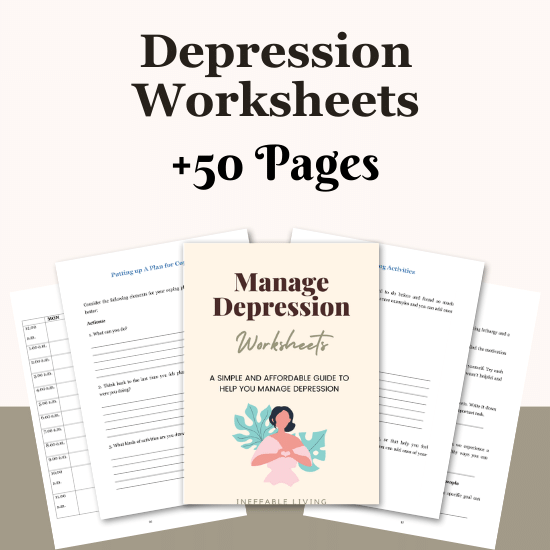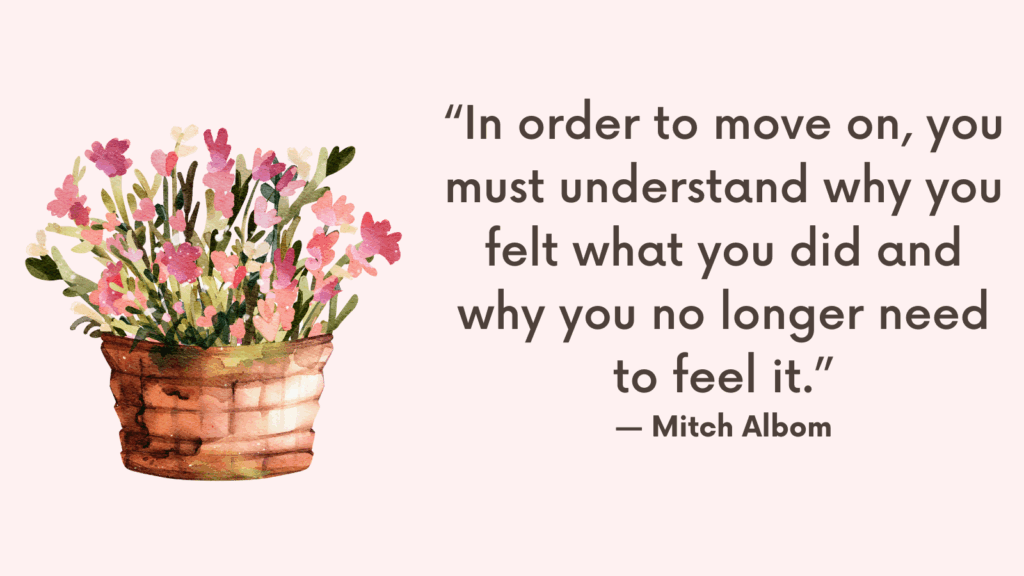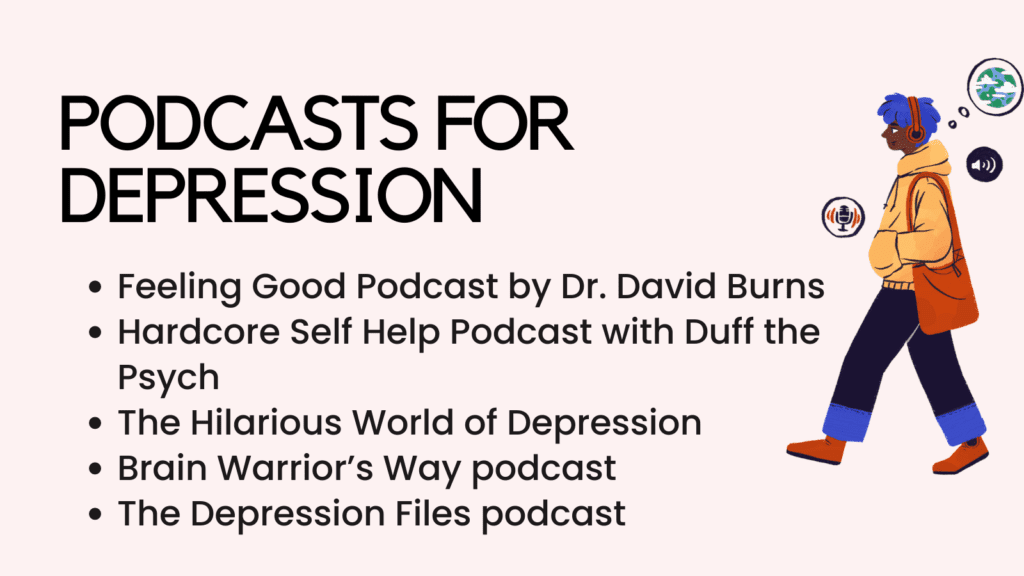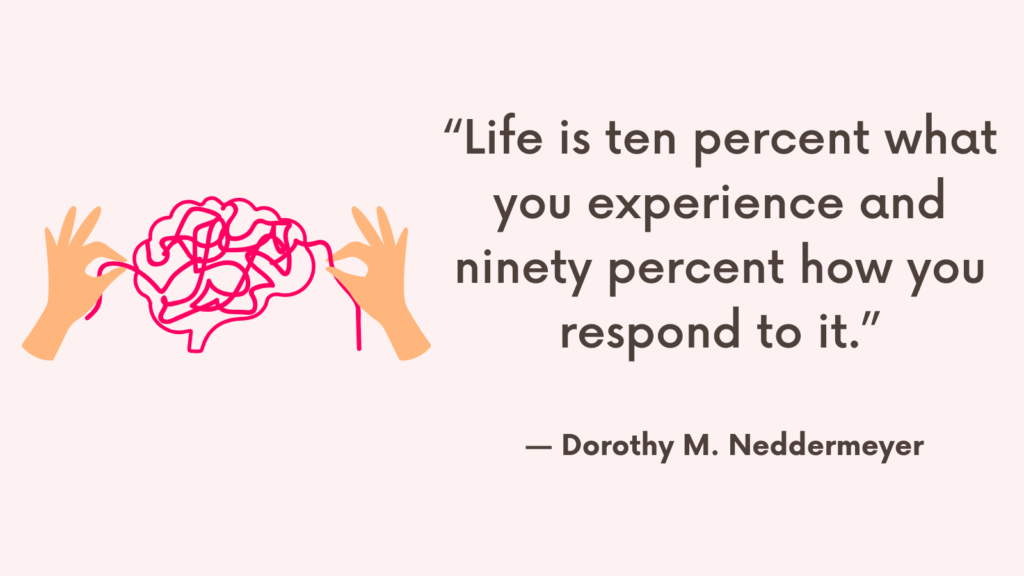The thought “Nothing will ever get better” is a hallmark of depression—heavy, hopeless, and deeply convincing. But it’s not the truth. It’s a symptom. When this thought shows up, you don’t need to fight it or fix it—you need to meet it with compassion, curiosity, and grounding.
Why the Thought Feels So Convincing
1. Your brain is in survival mode – It blocks out hope to focus on just getting through pain.
2. Negativity feels more believable – Depression makes dark thoughts feel more “real” than positive ones.
3. Perspective shrinks – Low moments make it hard to imagine any other way of feeling.
4. Past pain reinforces the pattern – If it’s felt bad before, your brain assumes it always will.
5. Hope takes energy – And in depression, energy is often the first thing to go.
6. It’s a defense – Expecting the worst feels safer than being let down again.
7. It’s a symptom, not the truth – The thought is part of the illness, not reality.
Related: High Functioning Depression Test (+Effective 3-Step Guide To Overcome High Functioning Depression)
How to Respond to the Thought “Nothing Will Ever Get Better”?
1. Name It As a Thought, Not a Fact
Say to yourself:
“This is a thought I’m having—not a truth.”
Labeling it helps create distance. It reminds you that depression is speaking—not reality.
2. Acknowledge the Pain, Not Just the Thought
Instead of trying to instantly correct the thought, validate the feeling behind it:
“It makes sense I feel hopeless right now. This is really hard.”
Compassion softens the resistance and creates emotional space.
3. Use Gentle, Non-Forced Reframes
Avoid toxic positivity. Try instead:
“Maybe it won’t always feel like this.”
“I’ve had other hard moments—and I survived them.”
“Things don’t have to be perfect to get a little better.”
Related: Top 10 Signs of Silent Depression
4. Connect to a Time It Did Get Better
Even if small or distant, recall a time when something changed:
- “There was a time I didn’t think I’d make it through—and I did.”
- “I didn’t expect that text, opportunity, or laugh—but it happened.”
Hope often hides in memory.
5. Take One Tiny Action
The brain needs evidence that change is possible.
- Drink water
- Open a window
- Text someone
- Move for 60 seconds
Small shifts break the “nothing will ever change” loop with lived proof.
6. Talk to Someone You Trust
Say: “I’m having a really hopeless thought today.”
Saying it out loud drains some of its power. You don’t have to carry it alone.
Related: The Silent Struggle: How to Manage Depression-Related Anger?
7. Use a “Hope File”
Keep a note, journal, or folder of reminders:
- Kind messages
- Moments of progress
- Quotes or journal entries from better days
Visit it when your brain forgets that better is possible.
8. Let the Thought Pass Without Obeying It
You don’t have to believe, argue, or act on the thought.
Just say: “You’re allowed to be here, but you don’t get to make the rules today.”
9. Remember That Depression Lies
Depression warps perspective. It tells you that nothing matters—because it’s trying to protect you from disappointment. You don’t have to silence it—but you don’t have to follow it either.
10. Reach for Support, Even If You Think It Won’t Help
Hopelessness tells you not to bother. Do it anyway. Call, text, write, or ask for help—even if you don’t feel ready. You are not meant to do this alone.
Related: How to Recognize Signs of Depression in Men?

Conclusion
The thought “Nothing will ever get better” is heavy—but it’s not the end. It’s a moment. And moments can pass. You’ve made it to this one, and that itself is proof that change is still possible—even if you can’t feel it yet.



